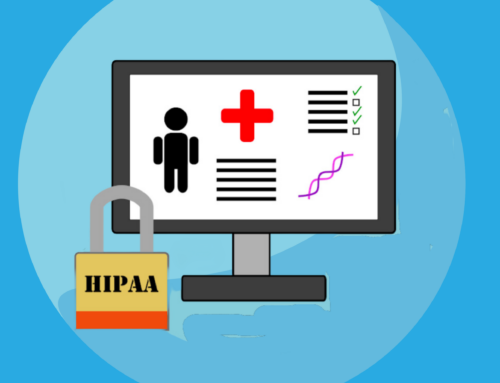Although HIPAA is frequently discussed, it’s also often misunderstood. This is because HIPAA applies to a wide variety of businesses, making it difficult to understand how it applies to your specific business. As a healthcare business consultant, you must take measures to ensure HIPAA compliance. The steps below can help you ensure your business is HIPAA compliant.
- Security risk assessments, gap identification, and remediation
- HIPAA policies and procedures
- Employee HIPAA training
- Business associate agreements
- Incident management
What Does HIPAA Require of Healthcare Business Consultants?
Healthcare business consultants are referred to as business associates under HIPAA and must be HIPAA compliant. As a business associate, there are certain things you must consider to ensure that you are following HIPAA best practices.
1. Security Risk Assessments, Gap Identification, and Remediation
To be HIPAA compliant, it is crucial to identify where your deficiencies lie. You must conduct a HIPAA security risk assessment (SRA) to do so. An SRA uncovers weaknesses and vulnerabilities in your security practices. To address those weaknesses, your business meets must create remediation plans. Remediation plans list your identified deficiencies and how you plan to address them, including actions and a timeline.
2. HIPAA Policies and Procedures
You must implement written policies and procedures to ensure that you meet HIPAA Privacy, Security, and Breach Notification requirements. These policies and procedures must be customized for your business’s specific needs, applying directly to your operations. To account for any changes in your business practices, you must review your policies and procedures annually and make amendments where appropriate.
3. Employee HIPAA Training
HIPAA imposes training requirements for any employee with the potential to access protected health information (PHI). HIPAA training must be provided annually, with proof of training documented.
4. Business Associate Agreements
Business associate agreements (BAAs) must be signed with your clients and any business associate vendors you use to manage your client accounts. HIPAA defines a business associate as any entity that performs a service for a healthcare organization that gives them the potential to access PHI. Common examples of business associates include billing software, email service providers, practice management software, and cloud storage providers.
For a business associate to be HIPAA compliant, they must be willing and able to sign a business associate agreement. A BAA is a legal contract that requires each signing party to be HIPAA compliant and be responsible for maintaining their compliance. When a vendor doesn’t sign a BAA, it cannot be used for business associate services.
5. Incident Management
To comply with the HIPAA Breach Notification Rule, you must have a system to detect, respond to, and report breaches. Employees must be aware of what to do if they suspect a breach has occurred and have the means to report incidents anonymously.
How Compliancy Group Helps
Compliancy Group helps healthcare business consultants become HIPAA compliant. Our automated compliance software allows you to manage the complex web of HIPAA on your schedule. Our modern approach breaks your HIPAA program into manageable tasks, easing the compliance burden. Find out more!









